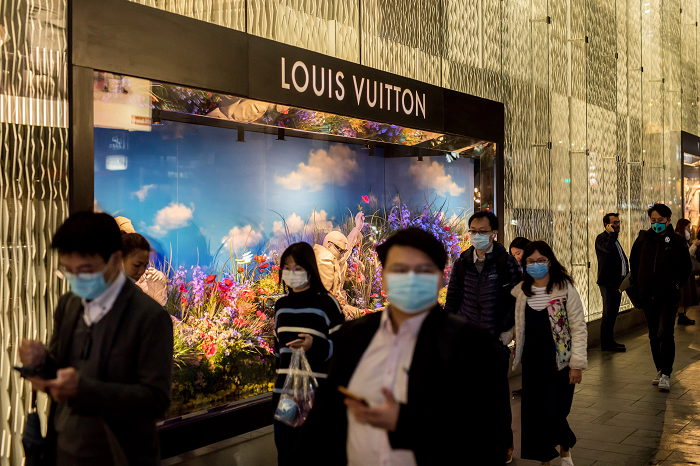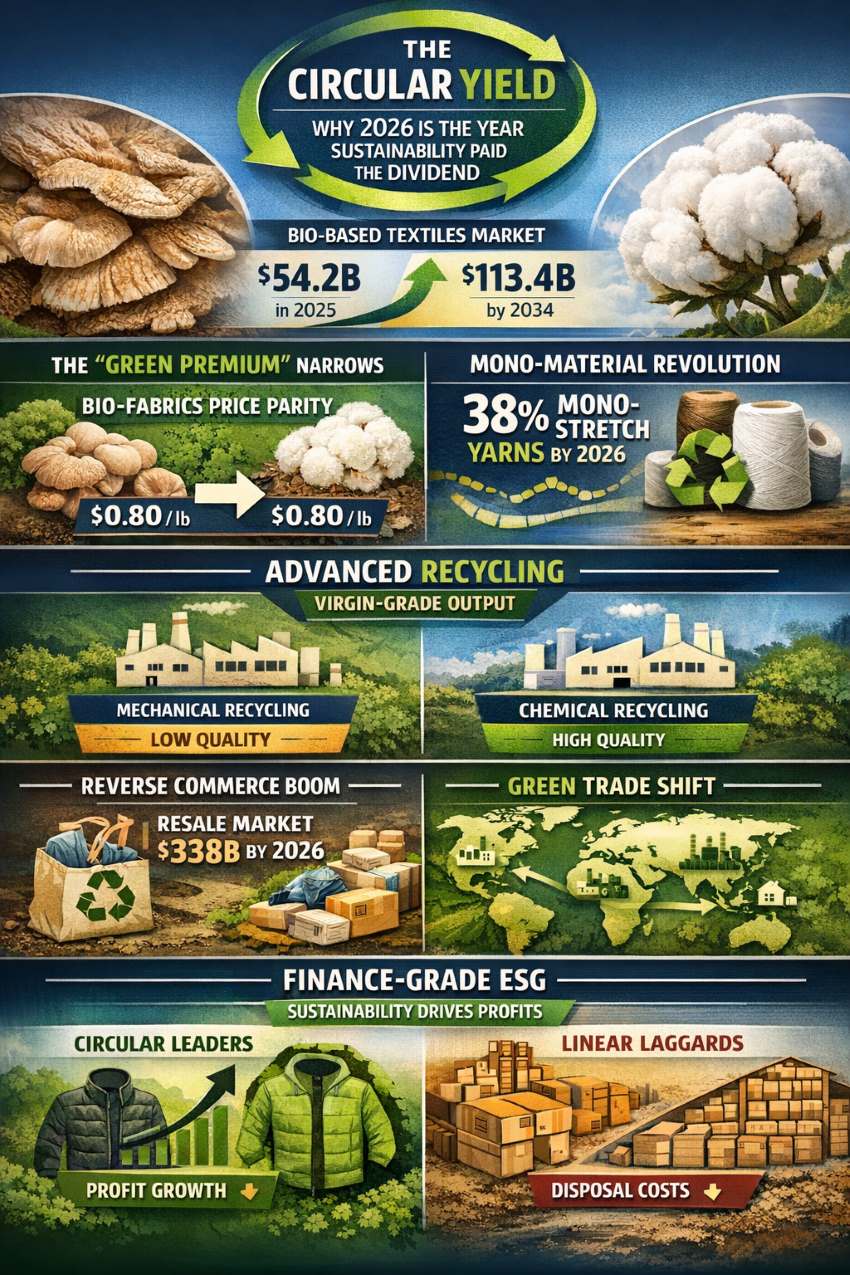
Hong Kong, a city synonymous with glitz and glamour, has long been a titan in the global luxury market. But recent years have seen this position shift and reshape, offering a fascinating glimpse into the ever-evolving world of luxury goods.
Global standing and shifts
Hong Kong boasts of the highest per capita spending on luxury goods according to Euromonitor. This dominance, however, was briefly challenged by Switzerland and the United Arab Emirates before Hong Kong reclaimed the top spot in 2023.
Despite facing headwinds like inflation and geopolitical tensions, the market witnessed rising value sales in 2023. PwC forecasts a compound annual growth rate (CAGR) of 4.5 per cent from 2023 to 2030, reaching an estimated market size of HK$ 125.8 billion by 2030 . The global luxury market itself is expected to reach US$606 billion by 2030, with a CAGR of 6 per cent. Mainland China is expected to become the world's leader with a market size of US$148 billion by 2030, according to PwC.
Hong Kong's luxury market has adapted to changing consumer preferences and economic landscapes. The city's free port status, a historical advantage, has faced competition from Mainland China's growing luxury retail sector. However, Hong Kong has adapted by focusing on:
Focus on Mainland Chinese consumers: With the rise of China's affluent class, Hong Kong has strategically catered to their shopping needs. This includes offering tax breaks and fostering a welcoming retail environment.
Experience over products: Luxury brands are increasingly focusing on creating immersive experiences for customers, with exclusive events and personalized service. High-profile flagship stores with exceptional service and exclusive product offerings continue to attract discerning buyers. Richemont, a Swiss luxury goods group, exemplifies the strategic shift in Hong Kong. They recently opened a new flagship store in the city, offering personalized services and exclusive experiences to cater to the evolving needs of Chinese consumers
Digital transformation: Hong Kong's luxury market is embracing e-commerce and social media to reach a wider audience and cater to the evolving shopping habits of younger generations.
Catering to evolving tastes: Art exhibitions, limited-edition collections, and a focus on younger demographics cater to a more diverse set of luxury consumers, particularly the growing wealth transfer to millennials and Gen Z.
The future holds both obstacles and opportunities. Even as trade disputes and political uncertainties can dampen consumer confidence; Hong Kong's integration with the Greater Bay Area, a burgeoning economic powerhouse in China, presents vast growth potential. At the same time embracing online retail and offering seamless omnichannel experiences will be crucial.
Hong Kong's luxury market is a testament to the city's dynamism. By embracing change and catering to a discerning clientele, Hong Kong is poised to retain its crown as a global luxury destination.












